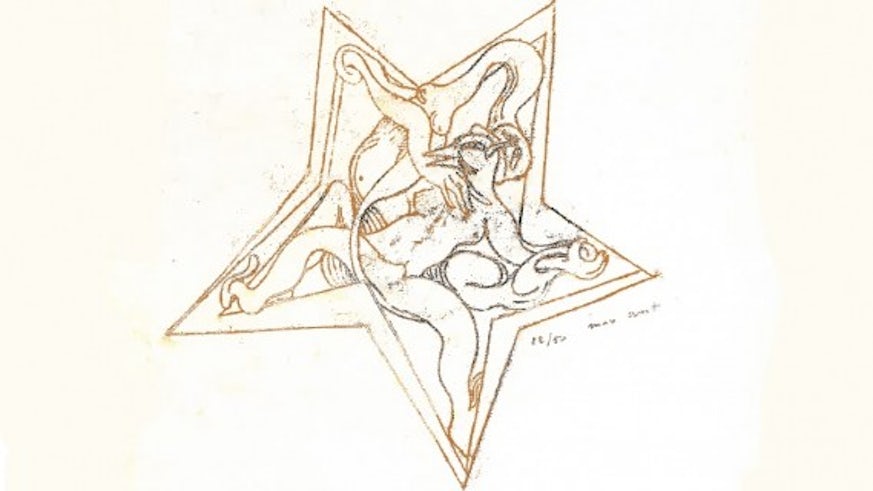Funding secured for research into surrealism in the GDR
12 November 2013

Professor Berendse was awarded a scholarship by the Alexander von Humboldt Foundation for a project devoted to the writing of a monograph on surrealist fiction, visual art, cinema and other art forms in the German Democratic Republic.
The project will be the first stage of examining material that will be the basis for writing the first chapters of Professor Berendse’s monograph Surrealism in the GDR. The Absurd in East German Literature, Visual Arts and Society. In July 2013 a contract was signed with publisher Berghahn Books. This book hopes to demonstrate how the idea of the absurd has influenced fiction and other art forms (cinema, music, graphic art and painting) in the German Democratic Republic. In the context of the GDR, surrealism was in the eyes of the authorities a deviant, for many artists and intellectuals an alternative set of aesthetics in the realm of the ruling Socialist Realism.
Many writers, accompanied by visual artists like Neo Rauch and Cornelia Schleime were associated with an alternative aesthetics within the strictly regulated cultural politics of the GDR. At the same time, the concept of surrealism must be applied to the cultural and political milieu in the GDR, since many writers and artists perceived their homeland as dysfunctional and characterised it in categories of the absurd. The events and circumstances of everyday life in the socialist republic have been viewed through the lenses of surrealism and as a consequence the boundaries between ‘normality’ and ‘absurdity’ became permeable. Similarly, the distinction between ‘artistic’ and ‘political’ became blurred. With reference to established surrealist works, and also to North-American Beat-culture, writers and artists were able, as Walter Benjamin once wrote, to rediscover the mystery of everyday life, to reveal the absurd in the GDR and set it before their audiences.
In the GDR surrealistic concepts like those of André Breton were reanimated: the black humour and the ‘montage principle’ produce an experimental territory with neither limitations nor barriers. The jokes, the laughter, the sniggering and mockery, the protagonists’ bizarre contortions, the singing, the jumping and swinging always contained a political component. Many writers who were interested in Avant-Garde discourses and worked as translators intensified their relationship with surrealism by collaborating on the anthology Surrealismus in Paris, 1919-1939, edited by Romanist Karlheinz Barck, published with East Germany’s Reclam Verlag Leipzig in 1986. The artists used surrealist imagery and narration to portray another side of the status quo of the GDR power.
Professor Berendse said: “My aim is that this research will not only result in the publication of the monograph but also lead to the organisation of an international conference on Surrealism and its Afterlife in Europe, co-hosted by the Free University Berlin and Cardiff University, and to an exhibition project. These events will be under the aegis of the GW4 Network for the Study of Socialist and Post-Socialist Europe.”